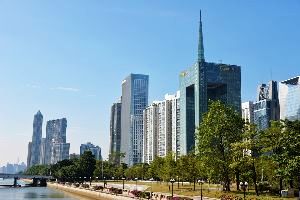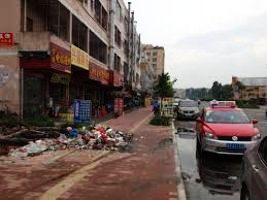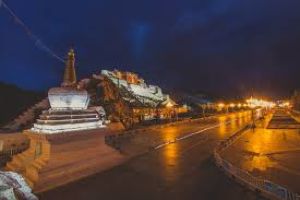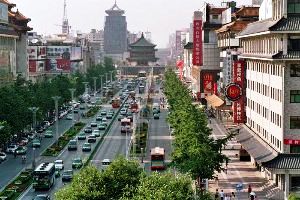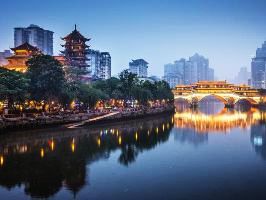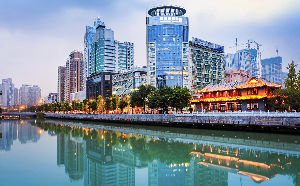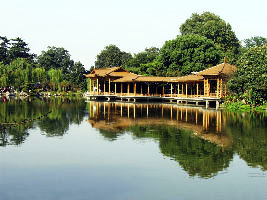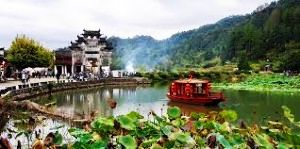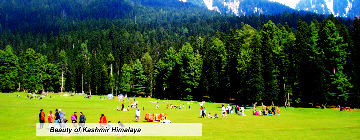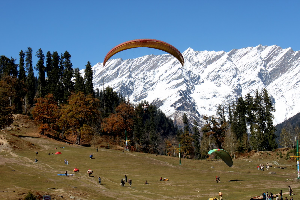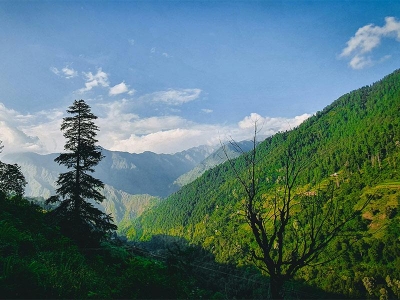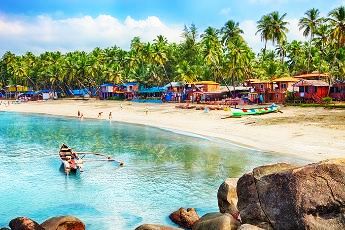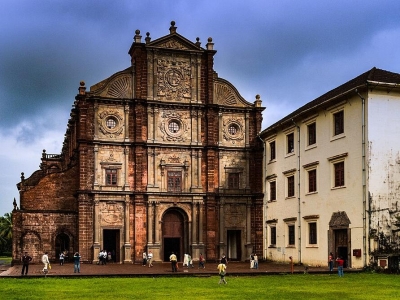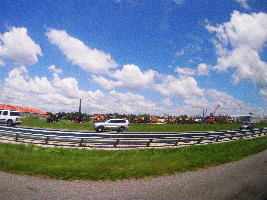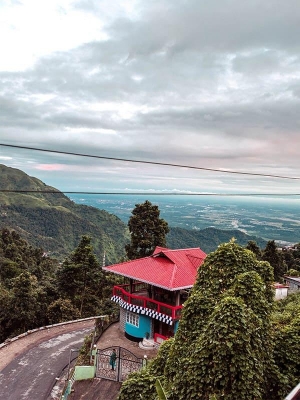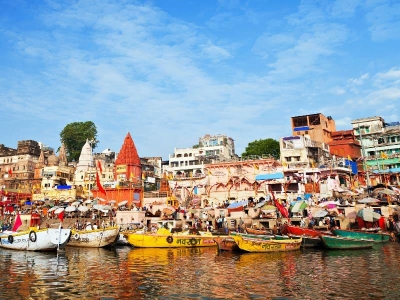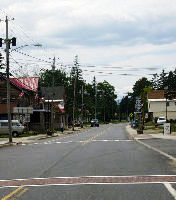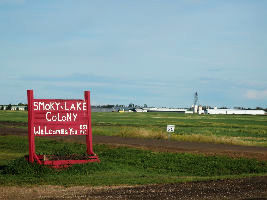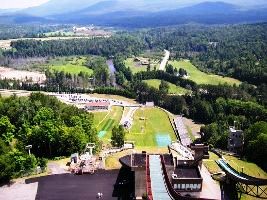About Zhenjiang
Zhenjiang, once in the past romanized as Chinkiang, is a prefecture-level city in Jiangsu Province, China. It lies on the southern bank of the Yangtze River close to its crossing point with the Grand Canal. It is inverse Yangzhou and among Nanjing and Changzhou. Zhenjiang was previously the common capital of Jiangsu and stays as a vital transportation hub. The town is best known in China and abroad for its fragrant dark vinegar, a staple of Chinese cooking.
A piece of Zhenjiang was the ownership of Ce, who was made the Marquess of Yi in the early Western Zhou. At that point the district was renamed Zhufang and Guyang, supposedly. After it was caught by the First Emperor of the Qin in 221 BC, it turned into a province situate and was given the name Dantu. A Chinese legend holds that the site's fengshui was advantageous to the point that the First Emperor requested 3000 detainees to burrow a passage through one of Zhenjiang's slopes to scatter its qi. It turned into a prefectural seat amid the center of the third century BC.
The Sui took the city in AD 581 and made it a vital army on the lower Yangtze, the wellspring of its present name. In 595, it was made a commandery situate. Its significance developed with the development of the Grand Canal, after which it filled in as the main gathering and travel community for the grain impose paid by the ranchers of the Yangtze delta. The city prospered from the 10th to 13th centuries, when it delivered fine silks, glossy silks, and flatware for the Song heads. The eleventh century researcher and statesman Shen Kuo formed his 1088 Dream Pool Essays amid his retirement in a garden bequest on the edges of the city.
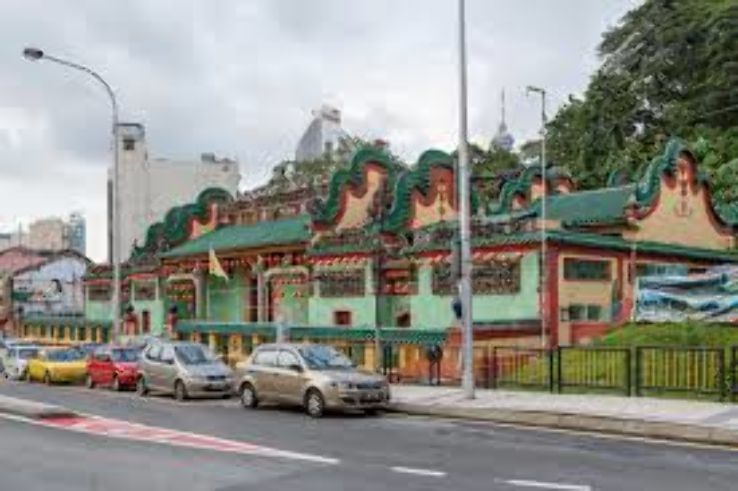
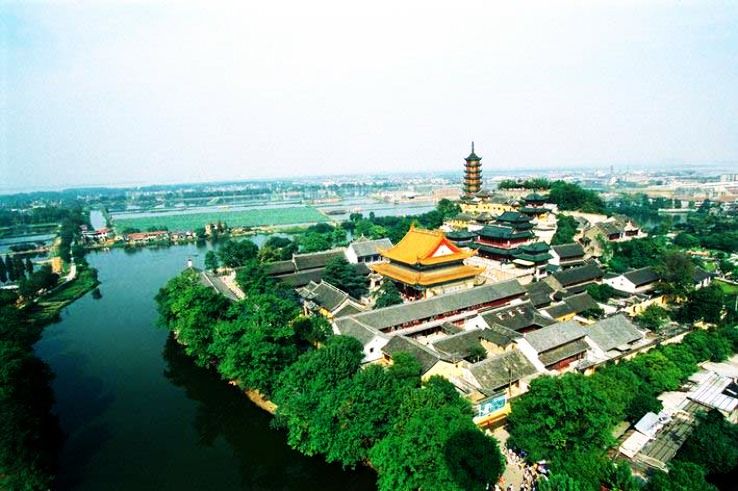
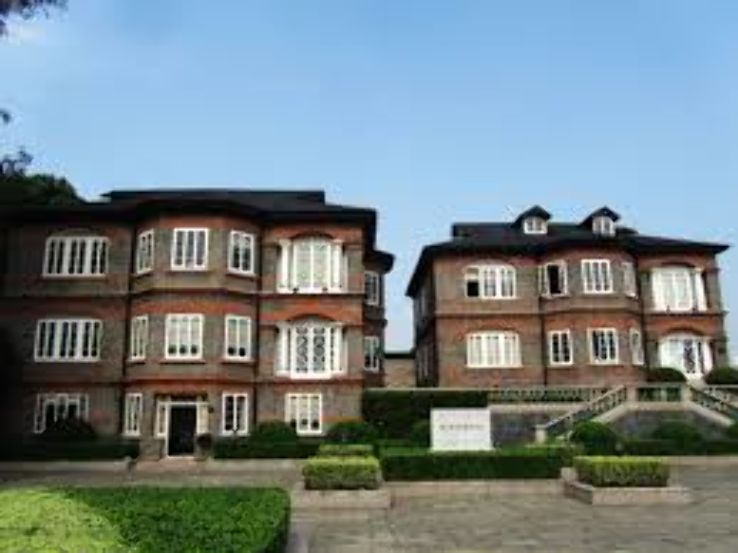
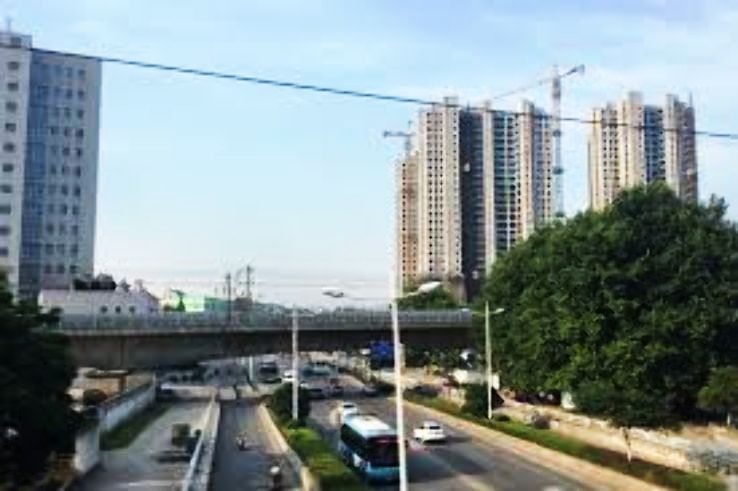

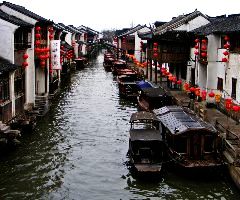
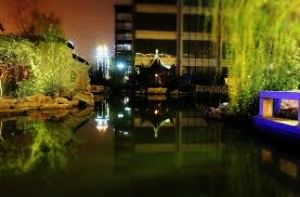
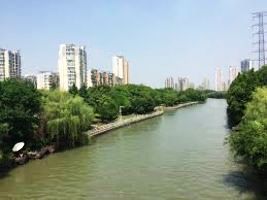
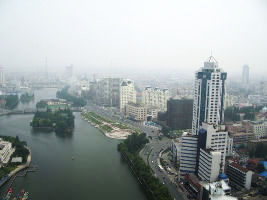
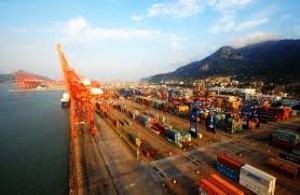
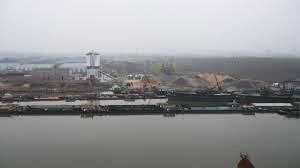
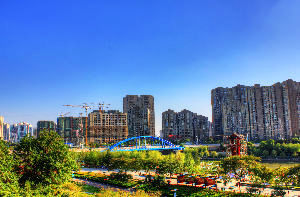
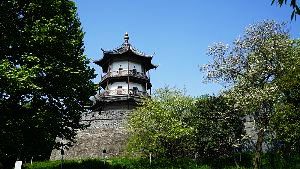
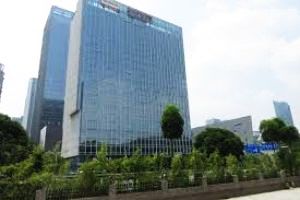


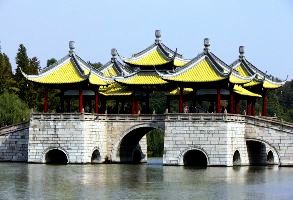
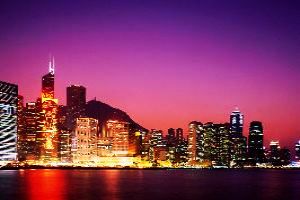
_1517915562m.jpg)

